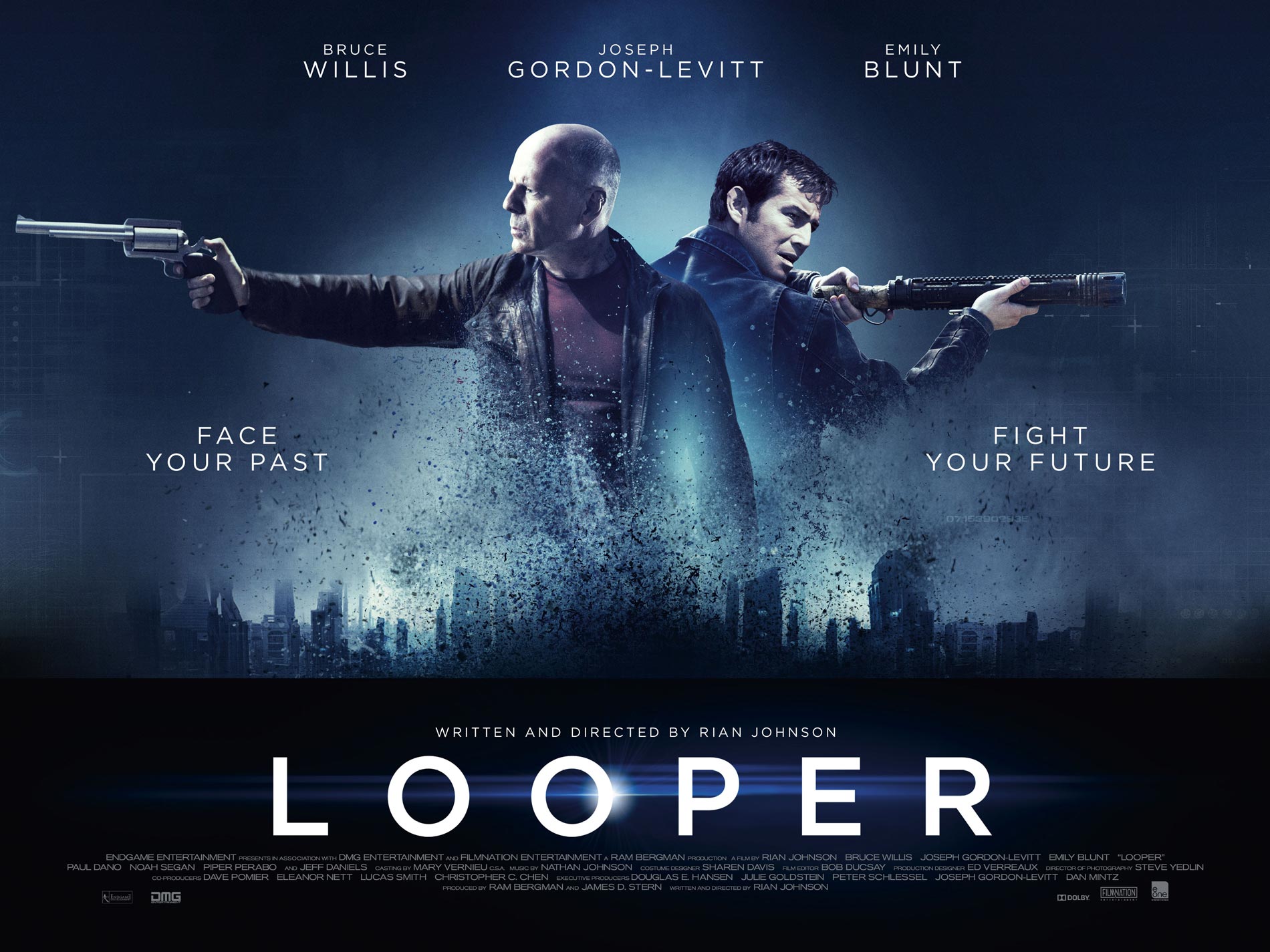
An epic in styling and scope, often brutal account of the ultimate desperation of war for oil, Boston Teran's novel ‘The Creed of Violence' brings a unique perspective to U.S. imperialism in the early 20th century.
Back in May,
Todd Field, who hasn't made a feature since 2006s well-received Little Children (three Oscar nominations) was set to adapt, and direct the fifth novel by Teran.
Now comes word that the Oscar-winning
Christian Bale (The Fighter) is entering negotiations to join Field's upcoming high-end movie project
The Creed of Violence that a year ago reportedly had
Leonardo DiCaprio circling the film.
The former Batman is courted to star in one of the two male lead characters called Rawbone; the other protagonist is called John Lourdes, but it's still unclear who is eyed to star as John.
However, there's a bit of conflict between Cross Creek Pictures and Bale as the studio offered the actor half the asking price.
The plan is to start production early next year in the American southwest and parts of Mexico; Universal Pictures will distribute.
As for Bale, he recently wrapped Scott Cooper's
Out of the Furnace and is currently filming a pair of Terrence Malick movies.

Here's the short summary of the book:
Mexico, 1910. The landscape pulses with the force of the upcoming revolution, an atmosphere rich in opportunity for a criminal such as Rawbone. His fortune arrives across the haze of the Sierra Blanca in the form of a truck loaded with weapons.
But Rawbone's plan spins against him, and he soon finds himself at the Mexican-American border and in the hands of the Bureau of Investigation. He is offered a chance for immunity, but only if he agrees to proceed with his scheme to deliver the truck and its goods to the Mexican oil fields while under the command of Agent John Lourdes. Rawbone sees no other option and agrees to the deal—but he fails to recognize the true identity of Agent Lourdes, a man from deep within his past.
Set against a backdrop of intrigue and corruption, The Creed of Violence is a saga about the scars of abandonment, the greed of war, and America's history of foreign intervention for the sake of oil.
 An epic in styling and scope, often brutal account of the ultimate desperation of war for oil, Boston Teran's novel ‘The Creed of Violence' brings a unique perspective to U.S. imperialism in the early 20th century.
Back in May, Todd Field, who hasn't made a feature since 2006s well-received Little Children (three Oscar nominations) was set to adapt, and direct the fifth novel by Teran.
Now comes word that the Oscar-winning Christian Bale (The Fighter) is entering negotiations to join Field's upcoming high-end movie project The Creed of Violence that a year ago reportedly had Leonardo DiCaprio circling the film.
The former Batman is courted to star in one of the two male lead characters called Rawbone; the other protagonist is called John Lourdes, but it's still unclear who is eyed to star as John.
However, there's a bit of conflict between Cross Creek Pictures and Bale as the studio offered the actor half the asking price.
The plan is to start production early next year in the American southwest and parts of Mexico; Universal Pictures will distribute.
As for Bale, he recently wrapped Scott Cooper's Out of the Furnace and is currently filming a pair of Terrence Malick movies.
An epic in styling and scope, often brutal account of the ultimate desperation of war for oil, Boston Teran's novel ‘The Creed of Violence' brings a unique perspective to U.S. imperialism in the early 20th century.
Back in May, Todd Field, who hasn't made a feature since 2006s well-received Little Children (three Oscar nominations) was set to adapt, and direct the fifth novel by Teran.
Now comes word that the Oscar-winning Christian Bale (The Fighter) is entering negotiations to join Field's upcoming high-end movie project The Creed of Violence that a year ago reportedly had Leonardo DiCaprio circling the film.
The former Batman is courted to star in one of the two male lead characters called Rawbone; the other protagonist is called John Lourdes, but it's still unclear who is eyed to star as John.
However, there's a bit of conflict between Cross Creek Pictures and Bale as the studio offered the actor half the asking price.
The plan is to start production early next year in the American southwest and parts of Mexico; Universal Pictures will distribute.
As for Bale, he recently wrapped Scott Cooper's Out of the Furnace and is currently filming a pair of Terrence Malick movies.
 Here's the short summary of the book:
Here's the short summary of the book:










